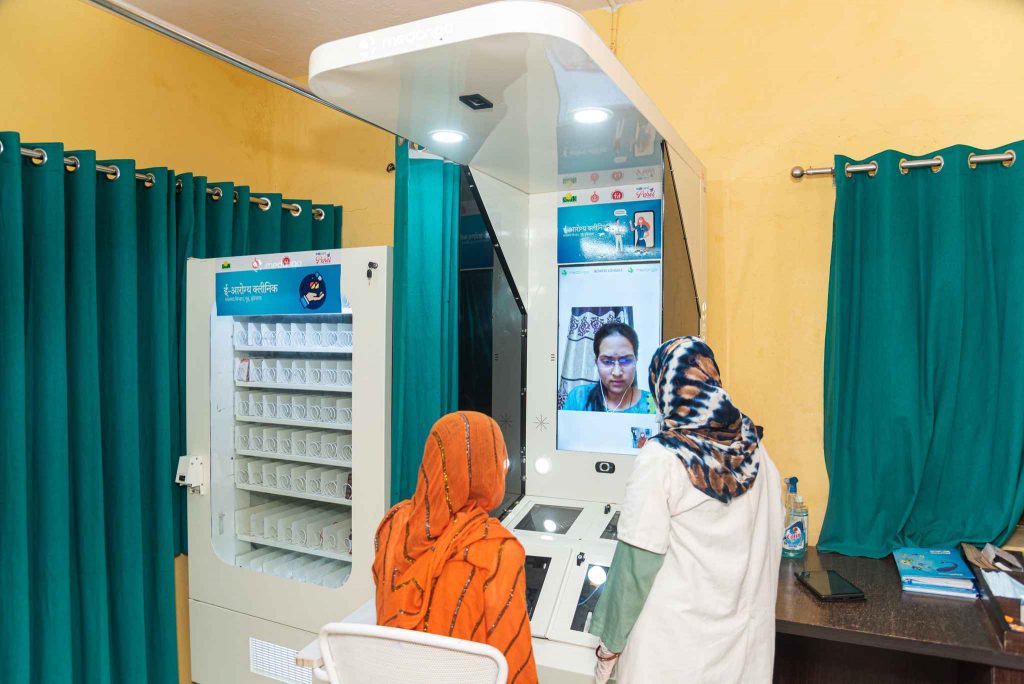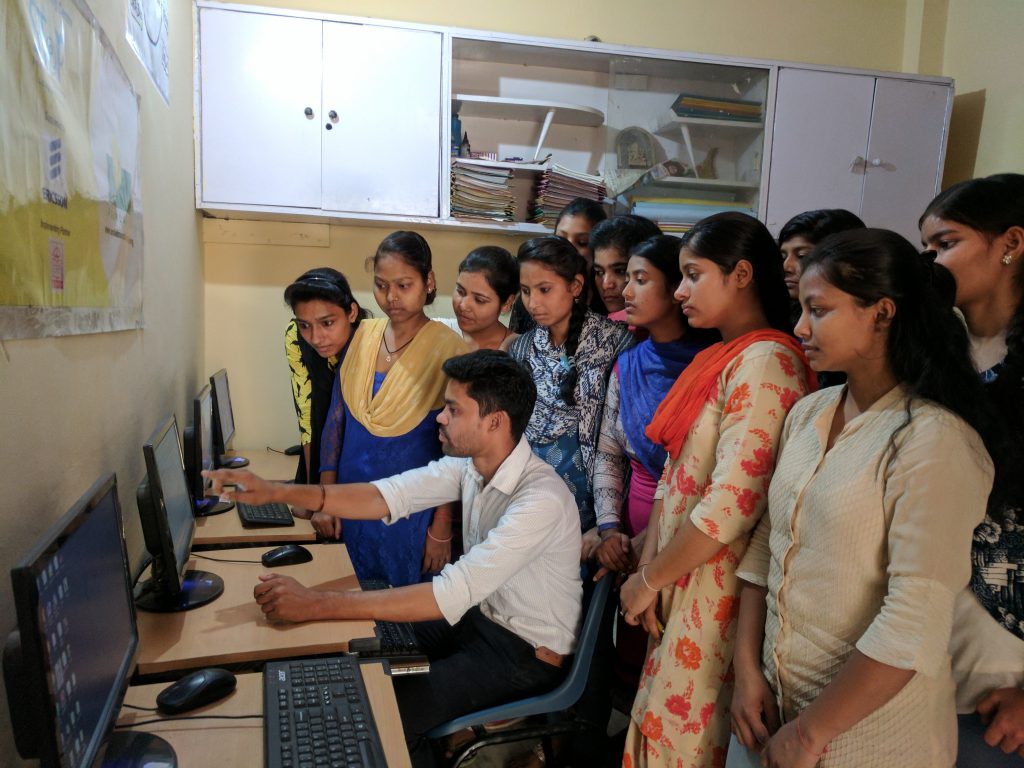The healthcare system in India faces numerous challenges, including inadequate infrastructure, lack of accessibility and disparities in the quality of care between urban and rural areas. To address these issues, transforming Primary Health Centres (PHCs) into Family Healthcare Centres (FHCs) presents a promising solution. This transition can significantly enhance healthcare delivery by providing comprehensive, continuous and family-centered care. This blog explores why converting PHCs to FHCs is crucial for improving health outcomes in India.
1. Addressing Comprehensive Health Needs
Holistic Approach to Healthcare
Primary Health Centres have traditionally focused on maternal and child health, immunisation and basic treatments. However, this limited scope often neglects the broader health needs of families and communities. Converting PHCs to FHCs allows for a holistic approach, addressing a wide range of health issues, including chronic diseases, mental health and preventive care. This comprehensive care model ensures that all family members, regardless of age or gender, receive appropriate medical attention.
Chronic Disease Management
India faces a growing burden of chronic diseases such as diabetes, hypertension and cardiovascular diseases. FHCs can play an important role in managing these conditions by providing continuous monitoring, education and support to patients and their families. This approach helps in early detection and better management of chronic illnesses, reducing complications and improving quality of life.
2. Enhancing Accessibility and Equity
Bridging Urban-Rural Disparities
One of the major challenges in the Indian healthcare system is the disparity between urban and rural areas. Rural populations often have limited access to quality healthcare services. By converting PHCs to FHCs, healthcare services can be made more accessible to rural communities. FHCs can offer a wider range of services closer to where people live, reducing the need for long and costly travel to urban centers.
Equitable Healthcare for All
FHCs can promote equity in healthcare by ensuring that all individuals, regardless of their socio-economic status, receive comprehensive and continuous care. This is particularly important in rural and underserved areas, where healthcare facilities are often scarce and inadequately equipped. FHCs can provide an inclusive healthcare environment, addressing the needs of marginalised populations and reducing health disparities.
3. Improving Maternal and Child Health
Continuity of Care
Continuity of care is essential for improving maternal and child health outcomes. FHCs can provide continuous care throughout pregnancy, childbirth, and postnatal periods, ensuring that mothers and children receive timely and appropriate medical attention. This integrated care model helps in early identification and management of health issues, reducing maternal and infant mortality rates.
Family-Centered Care
FHCs emphasise family-centered care, where the health needs of the entire family are considered in the context of the family unit. This approach is particularly beneficial for maternal and child health, as it involves family members in care processes, providing support and education to promote healthy practices and prevent diseases.
4. Promoting Preventive Healthcare
Focus on Prevention
Preventive healthcare is important for reducing the burden of diseases and improving overall health outcomes. FHCs can play a pivotal role in promoting preventive healthcare through regular health check-ups, screenings, vaccinations and health education programmes. By focusing on prevention, FHCs can help in early detection and management of diseases, reducing healthcare costs and improving quality of life.
Health Education and Awareness
FHCs can serve as centers for health education and awareness, providing communities with information on healthy lifestyles, nutrition, hygiene and disease prevention. These educational initiatives can empower individuals and families to take charge of their health, leading to healthier communities and a reduction in the incidence of preventable diseases.
5. Strengthening Primary Health Centres
Capacity Building and Training
Transforming PHCs to FHCs requires capacity building and training of healthcare providers. This process can strengthen the overall health system by enhancing the skills and knowledge of healthcare workers. Trained personnel can deliver higher quality care, manage complex health issues and provide better patient education and support.
Integration of Health Services
FHCs can integrate various health services, including primary care, specialty care, mental health and social services, creating a seamless and coordinated healthcare system. This integration ensures that patients receive comprehensive care without fragmentation, improving health outcomes and patient satisfaction.
6. Leveraging Technology for Better Care
Telemedicine and Digital Health
Incorporating telemedicine and digital health solutions into FHCs can enhance healthcare delivery, particularly in remote and underserved areas. Telemedicine can provide access to specialist consultations, follow-up care and health education, bridging the gap between urban and rural healthcare services. Digital health records can improve continuity of care, facilitate data sharing and support decision-making processes.
Data-Driven Healthcare
FHCs can leverage data analytics to monitor health trends, evaluate the effectiveness of interventions and identify areas for improvement. By collecting and analyzing health data, FHCs can implement evidence-based practices, optimise resource allocation and enhance the overall quality of care.
7. Case Study: The State Government’s Initiative Conversion from Primary Health Centres into Family Health Centres
The Transformation Journey
The Kerala government’s initiative to enhance the quality of health services is well on track. Out of a total of 886 PHCs in the state, 630 have already been converted into FHCs, with the remaining 256 slated for transformation in the coming months as reported in 2023. This ambitious project aims to revamp existing PHCs, making them more comprehensive and user-friendly to provide improved health services to the public.
Funding and Implementation
The project, supported by the National Health Mission (NHM) funds and the state’s plan funds, is part of the Aardram Mission carried out in three phases. The first phase received NHM funds, while the subsequent phases were funded by the state plan. Regular evaluations are conducted by a team led by the chief secretary to track progress and ensure coordination among departments such as health, education and local governments.
Enhanced Facilities and Services
The transformed FHCs offer a broader range of medical facilities and services compared to traditional PHCs. These include laboratory facilities, pre-check counseling, non-communicable disease clinics, mental health consultations and yoga and wellness centers. By providing comprehensive health care services at the local level, the initiative aims to reduce the burden on major hospitals and promote better healthcare accessibility.
Objective and Impact
The ultimate goal of the project is to ensure that people in the respective regions receive the best available primary health care services, promoting better health outcomes and overall well-being. The conversion began in 2017 and has shown promising results, highlighting the importance of this transformative approach.
The Goodness of Converting Primary Health Centres
Converting Primary Health Centres to Family Healthcare Centres is a vital step towards improving healthcare delivery in India. This transformation can address comprehensive health needs, enhance accessibility and equity, improve maternal and child health, promote preventive healthcare, strengthen health systems and leverage technology for better care.
The Kerala government’s successful initiative serves as a model for other regions, demonstrating the benefits of this approach. By adopting the FHC model, India can move closer to achieving universal health coverage, ensuring that all individuals and families receive the care they need to lead healthy and productive lives.









